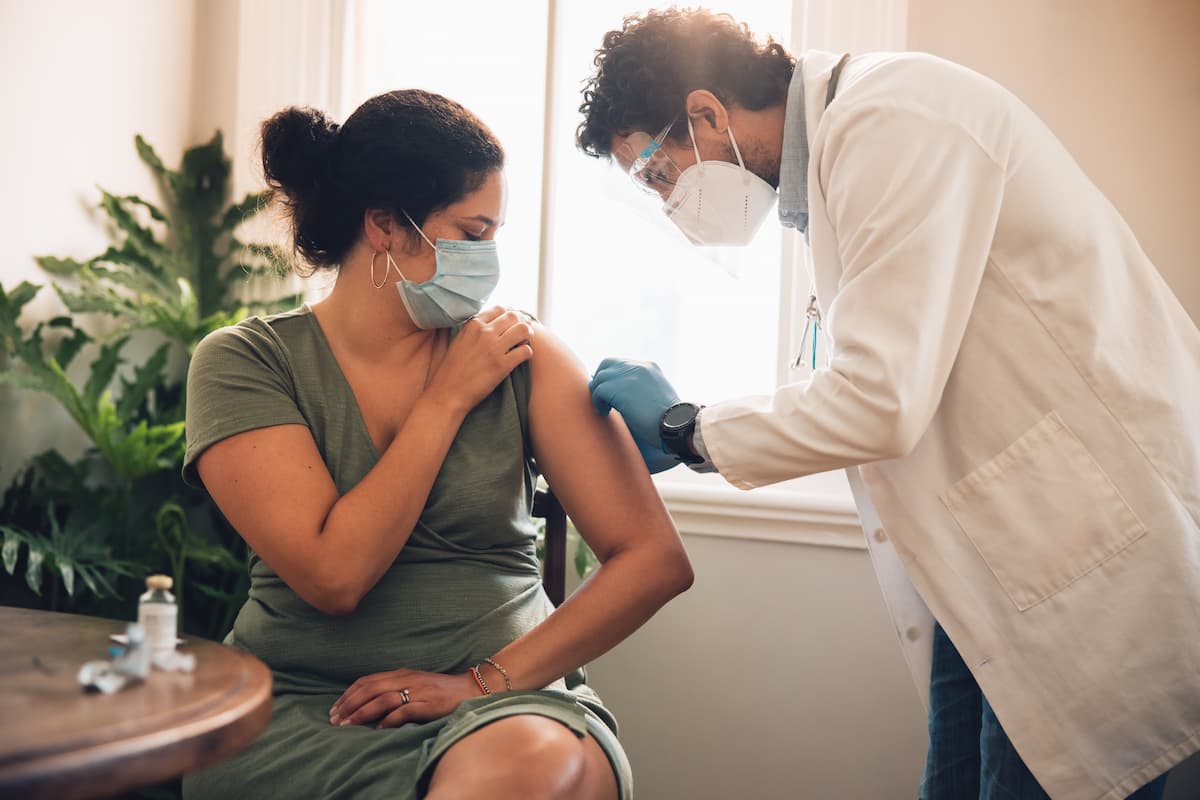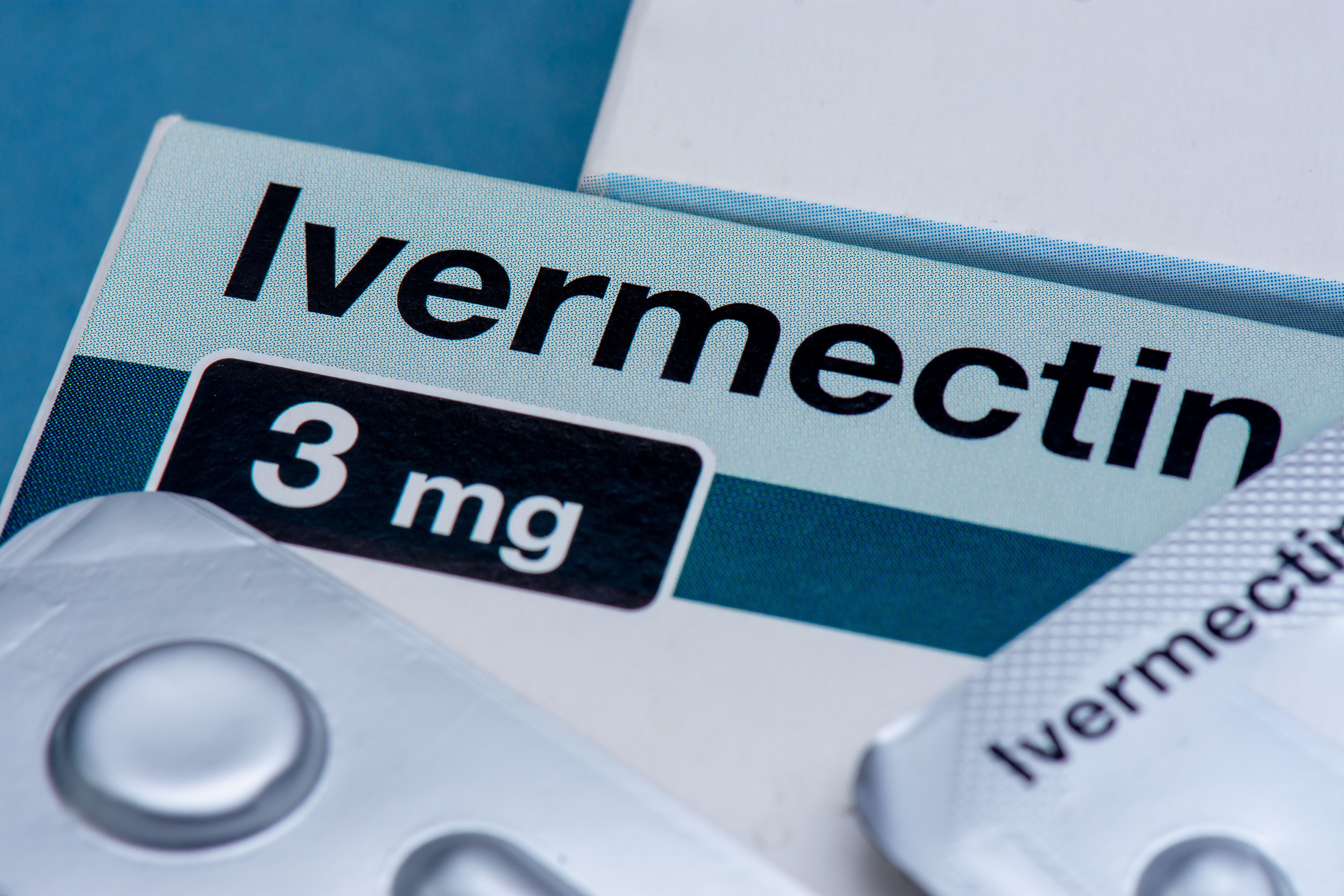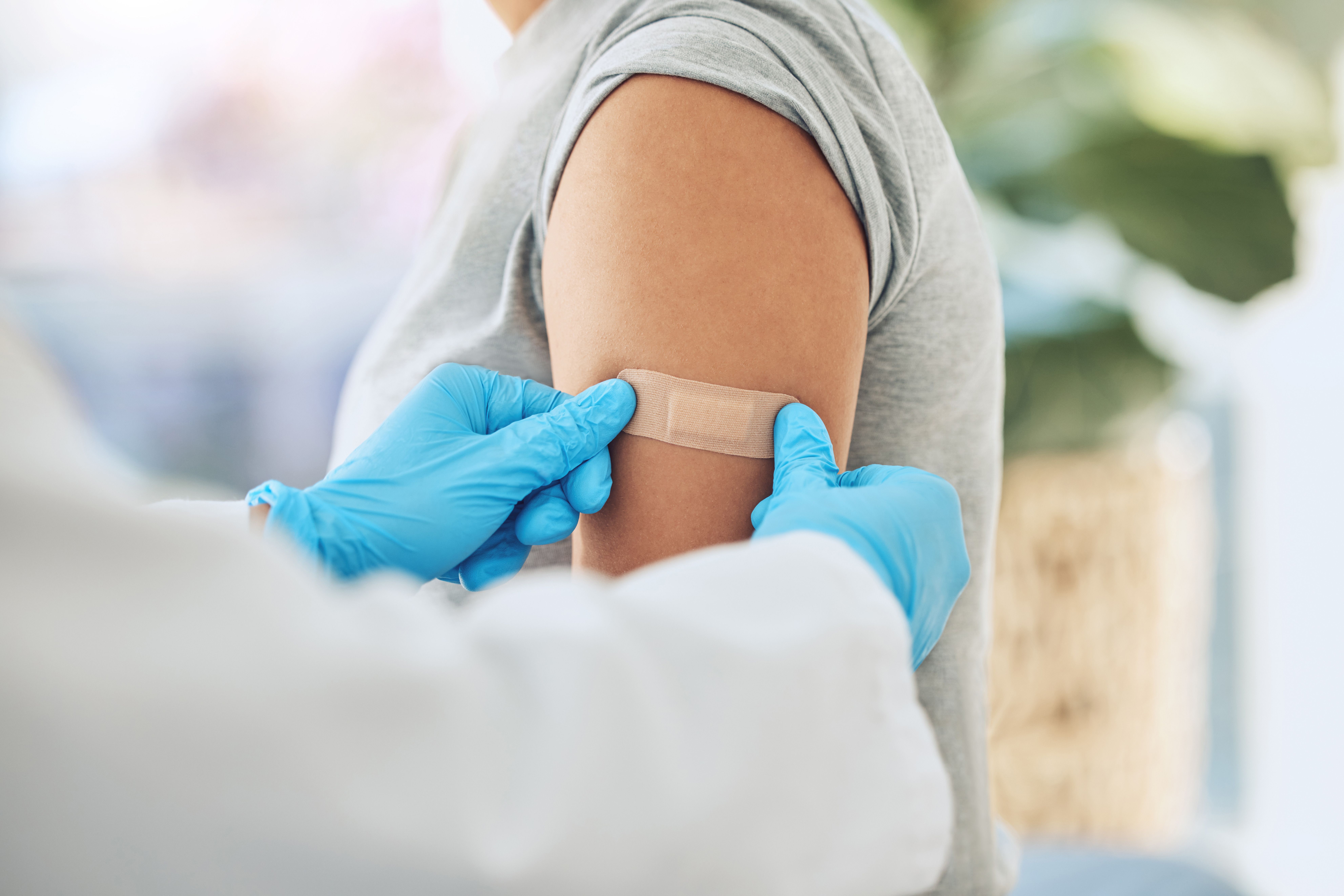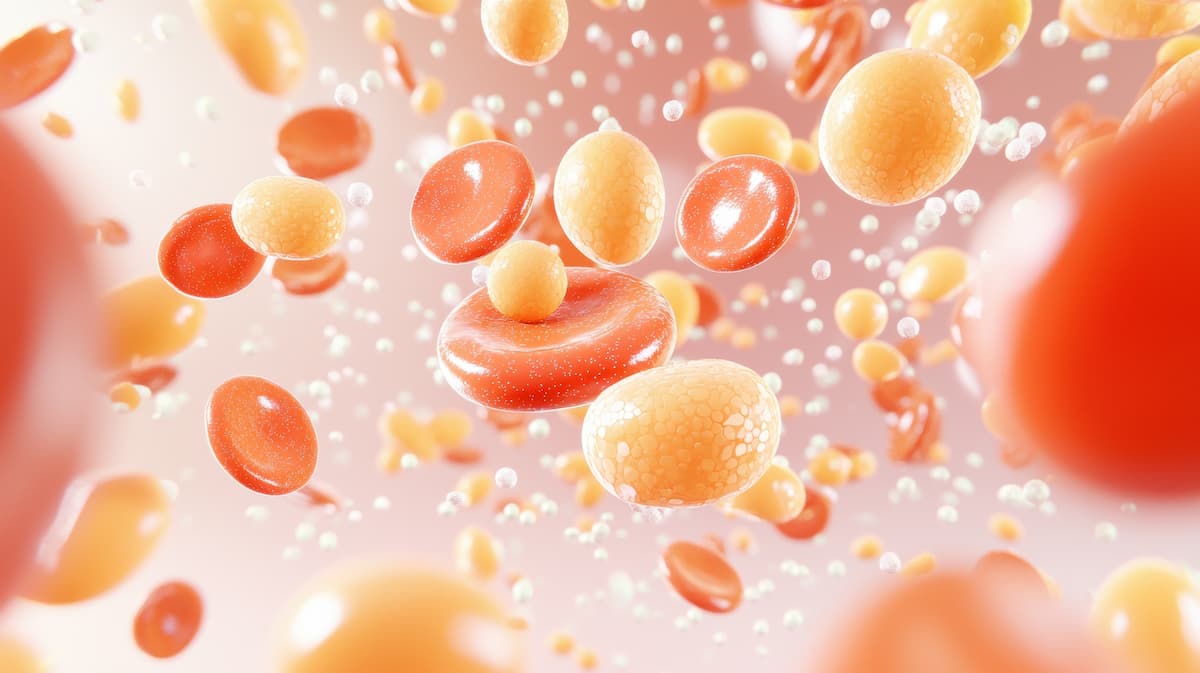Article
Phase 3 Trial for Wet AMD Therapy Reports Positive Efficacy Data
Author(s):
Top-line data from the NORSE TWO trial demonstrated that the treatment met the primary and key secondary endpoint for efficacy with clinically impactful change observed for treated patients.
Positive clinical top-line results have been reported from the phase 3 NORSE TWO safety and efficacy trial, which evaluated bevacizumab-vikg (Lytenava; Outlook Therapeutics) for the treatment of neovascular age-related macular degeneration (wet AMD), according to a press release.
The NORSE TWO trial enrolled 228 participants with wet AMD across 39 clinical trial sites in the United States, all of whom were treated for 12 months. The primary endpoint of the trial was the proportion of patients who gain at least 15 letters in the best corrected visual acuity (BCVA) at 11 months, while the key secondary endpoint was the mean change in the BCVA through 11 months. The trial compared a monthly dose of bevacizumab to ranibizumab (Lucentis; Genentech) dosed as 1 of the regimens listed on the label.
“We are delighted with the compelling results observed in NORSE TWO, which represent a significant and potentially transformational milepost for patients suffering from wet AMD,” said C. Russell Trenary III, president and CEO of Outlook Therapeutics, in a prepared statement. “We plan on bringing the first ophthalmic formulation of bevacizumab to market, if approved. Currently there are a vast number of off-label injections of bevacizumab to treat retinal disease in the United States, and we want to offer an alternative for patients and retinal surgeons that is approved and formulated and packaged specifically for wet AMD.”
Top-line data from the trial demonstrated that bevacizumab-vikg met the primary and key secondary endpoint for efficacy with clinically impactful change observed for treated patients. In the intent-to-treat (ITT) primary dataset, the percentage of patients who gained at least 15 letters who were treated with bevacizumab-vikg was 41%, compared to 23% in the ranibizumab cohort (P =.0052). In the secondary per-protocol (PP) dataset, the results were nearly identical, with 41% of patients receiving bevacizumab gaining at least 15 letters compared to 24% for ranibizumab.
The key secondary endpoint was also clinically relevant in the ITT dataset, with a mean change in BCVA of 11.2 letters in the bevacizumab-vikg cohort, compared to 5.8 letters in the ranibizumab group. In the PP dataset, the mean change in letters was 11.1 for patients receiving bevacizumab-vikg compared to 7.0 letters in the ranibizumab cohort.
REFERENCE
Outlook Therapeutics reports positive efficacy and safety data from pivotal phase 3 NORSE TWO trial of ONS-5010 / LYTENAVA™ (bevacizumab-vikg) for the treatment of wet AMD [news release]. Outlook Therapeutics; August 3, 2021. Accessed August 4, 2021.
Newsletter
Stay informed on drug updates, treatment guidelines, and pharmacy practice trends—subscribe to Pharmacy Times for weekly clinical insights.

FDA Grants Full Approval to mRNA-1273 COVID-19 Vaccine in Children At Increased Risk




